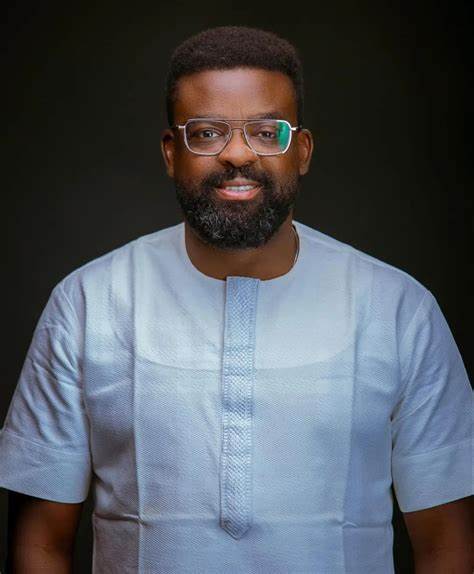Netflix, the global streaming giant, has exited Nigeria after eight years of operation in the country.
The platform launched in 2016 with high hopes of tapping into Nollywood’s vibrant movie scene. However, in November 2024, Netflix quietly packed its luggage and left, leaving many in the film industry reeling.
Despite the significance of this move, Netflix has not made a public announcement. However, insiders in the Nollywood movie industry were well aware of the development.
According to Nollywood Wire, Netflix’s departure signals the end of its financial support for producing Nigerian content, a development that will undoubtedly reshape the local film landscape.
Netflix reportedly informed its frequent Nigerian collaborators in a series of private conversations. The platform revealed it would significantly reduce its acquisition of Nigerian movies and series. This news came as a shock to many creators who relied on Netflix as a vital source of funding and a gateway to international audiences.
The reasons behind Netflix’s decision remain unclear. The streaming platform has yet to release an official statement. However, the silence has not stopped speculations. Some industry insiders blame declining profitability, while others believe it reflects broader challenges in the African streaming market.
Before its exit, Netflix played a pivotal role in showcasing Nigerian movies to a global audience. Films like Kunle Afolayan’s critically acclaimed Anikulapo gained worldwide recognition on the platform. This collaboration helped place Nollywood on the international map and introduced Nigerian culture and stories to millions of viewers.
Speaking at the 2024 Zuma Film Festival, Kunle Afolayan confirmed Netflix’s departure. He revealed that the platform had ceased commissioning new Nigerian original content. Fortunately for Afolayan, his series Anikulapo secured a third season before Netflix’s exit. However, he acknowledged that many of his colleagues were not as fortunate, with numerous Nollywood projects abruptly cancelled.
“It’s a big blow to the industry,” Afolayan said. Yet, he also viewed it as a wake-up call. The filmmaker urged the Nigerian movie industry to diversify its funding sources and focus on creating sustainable structures that can thrive without relying heavily on international platforms.
Netflix’s exit has sparked widespread concern among Nollywood stakeholders and fans alike. For years, the platform provided a financial lifeline, helping filmmakers bring ambitious projects to life. With this support gone, questions about the future of the industry loom large.
Social media has been abuzz with reactions. One user, @mosaalabi, reflected on the connection between Nigeria’s social issues and its storytelling, writing, “Our silence about social issues as a nation is a reflection of the boldness of our filmmakers. Maybe.” Another commenter, @y__maestro, simply said, “This is wild.” Meanwhile, @akinyemithefirst summed up the situation: “Omoh! These are the issues! What is going on?”
Netflix’s departure leaves a gap, but Nollywood has faced challenges before and emerged stronger. This moment calls for innovation and resilience. Industry leaders must explore alternative distribution channels, such as regional streaming platforms, private investments, and partnerships with other international players.
Moreover, local filmmakers have an opportunity to refocus on telling authentic stories that resonate both locally and globally. By doing so, Nollywood can continue to grow, even in the absence of Netflix.
While Netflix’s exit marks the end of an era, it is not the end of the road for Nigerian cinema. Instead, it is a chance for the industry to rise, adapt, and chart a new course. The world will still watch, as long as Nollywood keeps creating.



